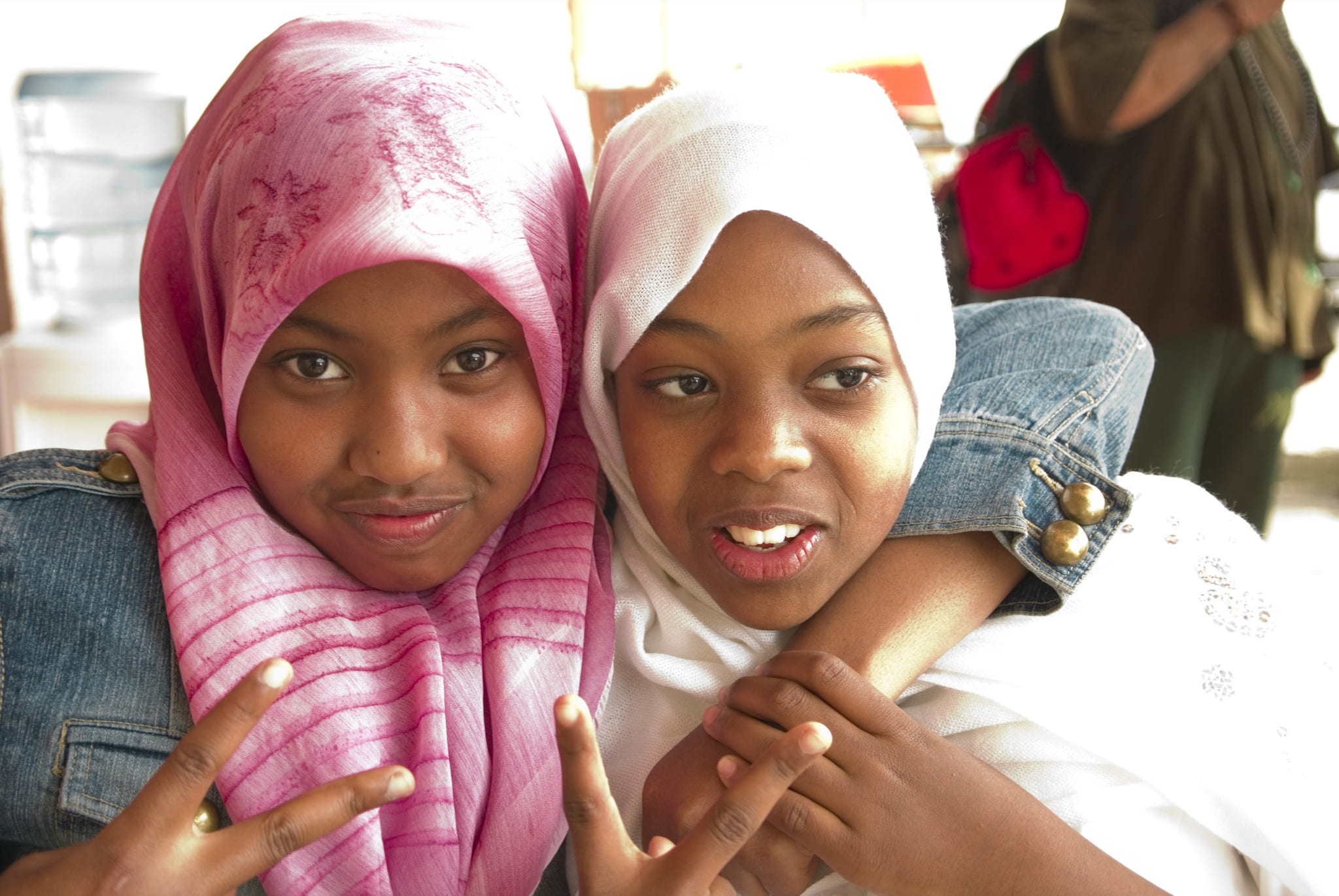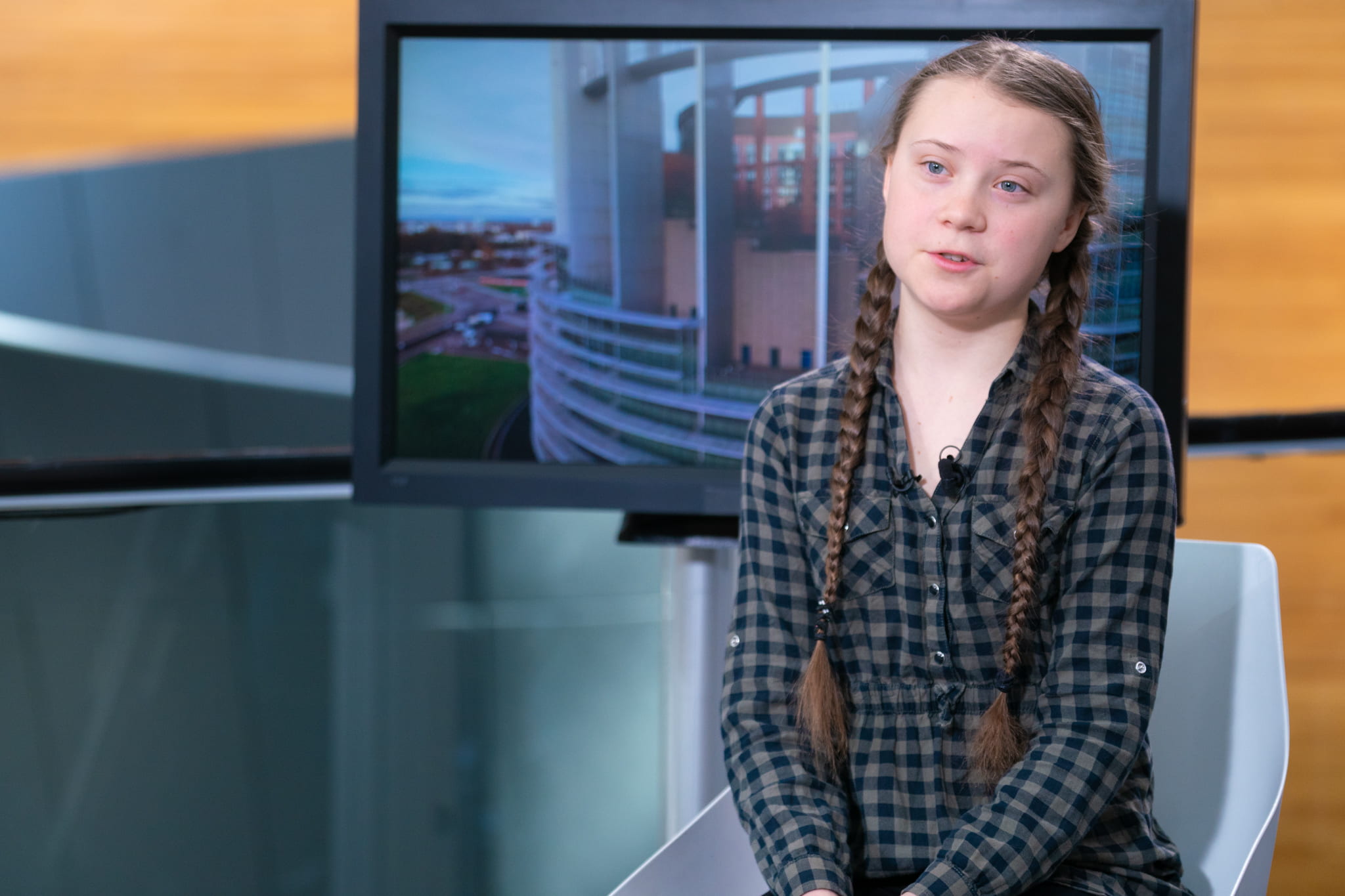
What would you do if you felt like the whole world was on your shoulders before you were even old enough to vote? Many children have faced this exact question, some of which have been acknowledged for their extraordinary efforts to make the world a better place. Malala Yousafzai. Greta Thunberg. Emma González and David Hogg. These are only few from a long list of young activists who have made great sacrifices in hopes of creating a better future for themselves and future generations.
For many, seeing children give up so much for something they are passionate about is greatly motivating. Children’s willingness to put themselves at risk for the greater good often make adults feel like they should be doing more to make a difference or that they have been underestimating the problem the entire time.
That being said, why should children have to make sacrifices in order to convince adults to change? Should the burden of change ever be placed on a child’s shoulders?
Why do they feel the need to get involved?
When discussing this issue, it is important that we consider what is causing so many young people to feel the need to take on the serious responsibilities that come with activism. It may speak to the severity of an issue when the members of society with the least responsibilities for the problems we face are the ones leading the charge for progress or, possibly, because they are the ones dealing the brunt of the impact of change.
Greta Thunberg, a sixteen-year-old environmental activist, skips school on Fridays in order to “protest outside Swedish parliament buildings, pressuring the government to pass legislation that would reduce carbon emissions in line with the Paris Agreement”. These efforts interfere with her right to an education which is recognized in Article 26 of the United Nations Universal Declaration of Human Rights and Article 28 of the Convention on the Rights of the Child). When asked about her message for world leaders at the UN Climate Action Summit, said, “You are failing us. But the young people are starting to understand your betrayal. The eyes of all future generations are upon you. And if you choose to fail us, I say: We will never forgive you. We will not let you get away with this. Right here, right now is where we draw the line. The world is waking up. And change is coming, whether you like it or not.”
Personal Connections to the Issue
For many child activists, their membership in a community that is particularly or uniquely impacted by an issue contributes to their involvement whether it is by participation or choice. Consider the activists from Marjory Stoneman Douglas High School in Parkland, Florida. Their activism began as a response to their experiences as survivors of a school shooting. Many of the activists have attributed much of their drive for promoting gun-reform to their feeling that adults are not doing enough (or are even making the problem worse). Cameron Kasky, an 11th grader at the school, said, “The adults know that we are cleaning up their mess.” Emma González added onto this, stating, “It’s like they’re saying, ‘I’m sorry I made this mess,’ while continuing to spill soda on the floor.”
In other cases, children carrying the burden of change are from marginalized groups who are disproportionately impacted by a given issue. Malala Yousafzai grew up in Pakistan, where her father was a teacher who ran a school for girls. In 2008, the Taliban overtook the town she lived in and put many harsh restrictions in place, one of which was declaring that girls could no longer attend school. Yousafzai spoke out against this and in support of girls’ right to an education (which is recognized as a right in Article 10 of the Convention on the Elimination of All Forms of Discrimination Against Women). In 2012, at the age of 16, Malala was shot in the head by a masked gunman in response to her activism. She knew that speaking out was dangerous but took the risk, because she knew, firsthand, how girls are affected when refused their right to an education.
Children should not have to lead the fights for their own rights and well-being, especially when it involves risking their lives.

Harmful Responses
One way in which heavy involvement in efforts for change has been harmful for children is the way people who disagree often begin to treat them. While Ruby Bridges was not an activist at the time, she still faced serious backlash when she became the first African American to attend a school that had previously only enrolled white students. Throughout her first year at her new school, there were mobs of people in front of the building every day protesting her attendance. People were angrily pointing and shouting at her as she was escorted into school every day. In an interview for NPR, she shared that some people would bring a baby-sized coffin with a black doll inside, and she would have to walk by it every day. This frightened her so much it gave her nightmares. She was simply a little girl going to school, but it was as if people stopped seeing her that way.
With the rise of social media in recent years, children who are part of social change or activism are more aware of people’s responses to them than ever before. Some adults, angered by the actions of these children for one reason or another, flock to websites like Twitter to air their grievances, seemingly without any consideration for how their words might impact the children involved. As her work has become more well-known, Greta Thunberg has faced much cruelty from adults. In August, Thunberg was traveling across the Atlantic Ocean on a high-tech racing yacht (to decrease her contributions to greenhouse emissions) to spread awareness of climate change. Arron Banks, multimillionaire and co-founder of Leave.EU, tweeted her picture with the caption, “Freak yachting accidents do happen in August…”. Others have mocked her for having Asperger’s syndrome or for displaying its symptoms.
The long-term negative impact that internalizing these kinds of harsh words and actions can have pose a threat to a child’s mental health. Article 25 of the United Nations’ Universal Declaration of Human Rights states that all people have the right to live in an environment that supports their health and well-being.
What Do We Do?
How do we deal with this issue? It is not so simple as to say that kids should be kept out of political conversations altogether. Many children live with certain aspects of their lives that require political conversations. If a child’s parents are a same-sex couple, the parents need to be able to talk to their child about the way some people treat the LGBTQ+ community. This conversation cannot be had without at least some political themes. People of color need to be able to talk to their children about certain topics which are considered political in order help keep them safe.
These conversations should not be limited to parents and children who are directly impacted by political issues. Children with privilege should not be kept ignorant of these serious issues, as gaining knowledge about marginalized groups can help them develop empathy. Additionally, children who are impacted by political issues should not be alone when having to face the difficulties of learning about these issues.
It is also important to recognize that exposure to conversations about political issues at an early age can lead to increased political engagement as an adult. Hearing their parents/guardians talk about different topics communicates to children (whether directly or indirectly) that these issues matter and have value. Political discourse that highlights the importance of such issues can, therefore, teach children to value political engagement.
One thing that we can do is spread awareness about how heavy participation in political activism can impact children, particularly their mental health. We can hold ourselves and our peers accountable for the things we say online (or in-person), hopefully decreasing the amount of mocking and bullying that children experience through the actions of adults. We can also respond to their cries for action by working toward progressive social change so that they do not have to do our job for us.
